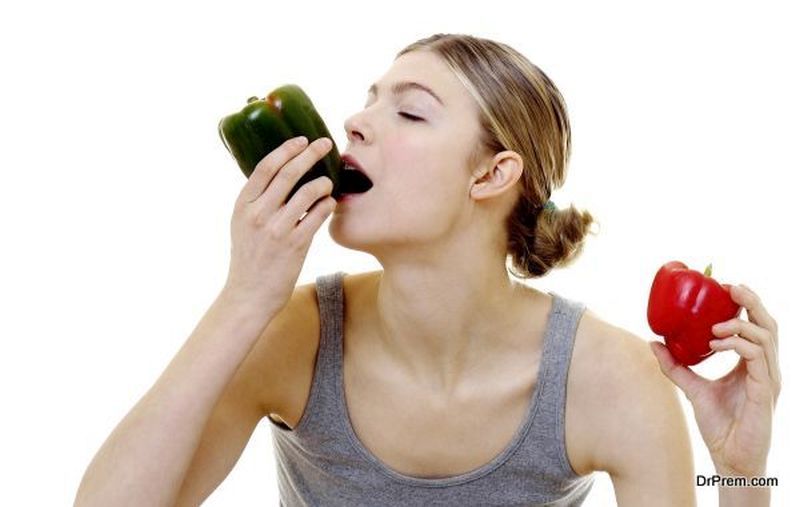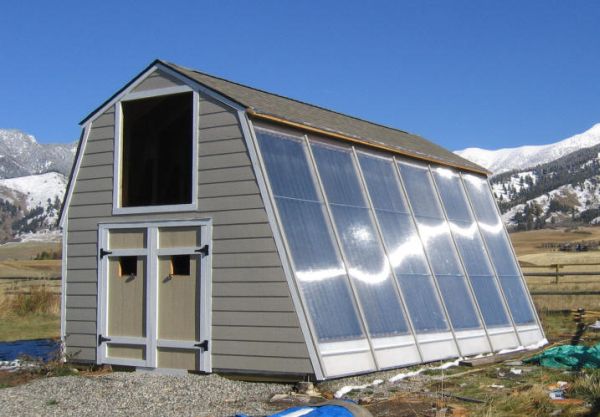Eating healthy is not limited to organic food only, but your food, if you care about the planet’s well-being, must be sustainable as well. Raising livestock, including eggs, milk and meat, contributes to more than 40% of total fresh water in the world. According to experts, this is one of the human activities which has probably the biggest impact on the planet. Even raising crops demands a lot of water and energy. When you’re shopping for food, these things hardly ever come to your mind, as you are focused on just ticking off the items off your list. But now the time has come to be conscious about making decisions which would benefit the environment, even while buying food. Buying sustainable food will lead to you eating healthier as well as a healthier planet. Here are some things which you need to know about buying sustainable food:
What is sustainable food
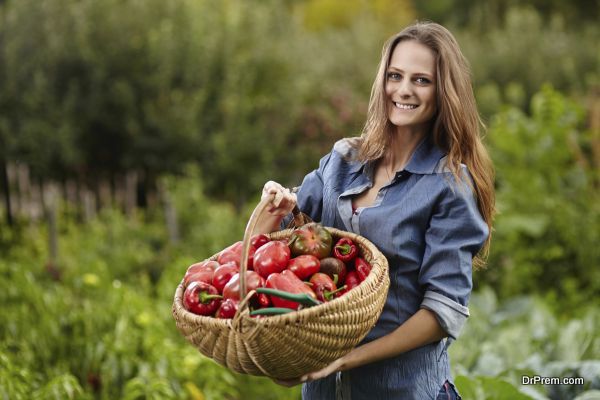
You must have heard about organic food, but what is sustainable food? There isn’t any legal definition of ‘sustainable food’. Fairtrade and organic food are part of the bigger scenario of sustainable food. According to conservationists, sustainable food has to be produced, processed and distributed in a way that:
- contributes to the sustainable livelihood, leading to local economies thriving
- protects the animal and plant diversity as well as the welfare of both wild and farmed species
- avoids wasting and damaging natural resources which may contribute to climate change
- provides social benefits, like high-quality food, healthy and safe produce/products and educational opportunities.
These are some things you have to watch out for while buying your food. Read on for some tips on how to select sustainable food:
Buy locally
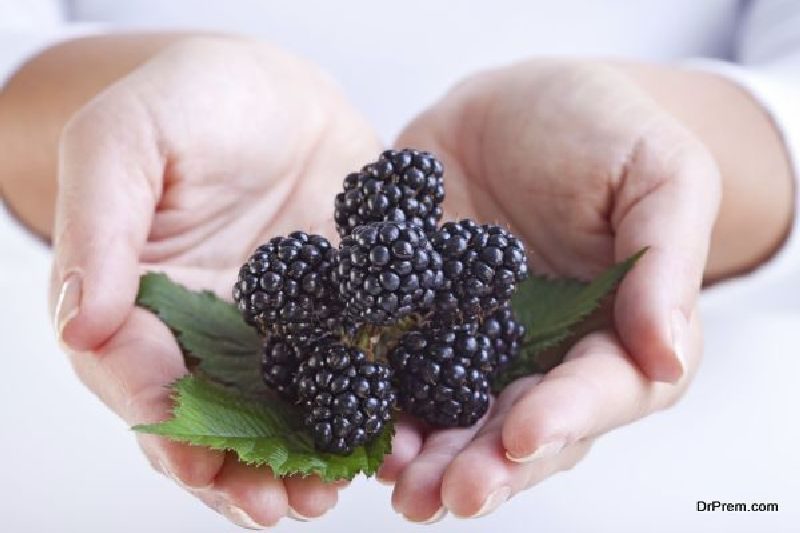
Buying locally grown organic food is one way of buying sustainable food. Food which is locally grown tastes better as it is packaged for the maximum time on the shelf. It takes less fuel to transport locally produced food. Buying from your local farmer supports them and makes your local economy stronger. Local merchants also earn more when you start buying locally produced vegetables, fruits, grain, meat, eggs, milk and so on.
Local small farmers and ranchers can farm in a sustainable manner due to local support. They often do not have the wish or the money to buy GMO seeds and high-end fertilizers, so when people buy their food, they can continue traditional farming practices, which are beneficial for the environment.
According to research, selling locally enables farmers to receive the full value of the retail sale, which leads to more profits for them.
Choose a plant-based diet
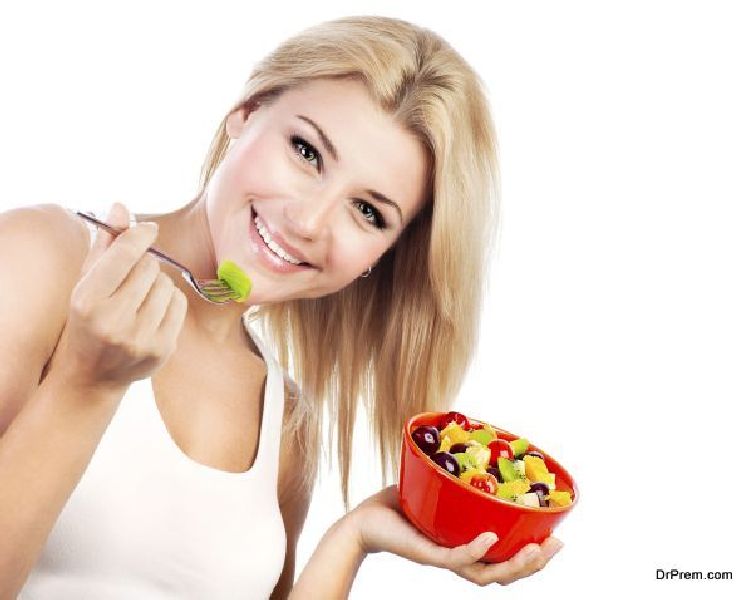
The healthiest diets worldwide are those which have plenty of fruits and vegetables as the staple diet. Choosing to eat a plant-based diet is part of sustainable food as it reduces deforestation and freshwater withdrawals. For proteins, instead of meat, buy legumes and nuts which are high in proteins. Treat meat as a condiment, rather than your main dish. Organic, locally produced food is a more sustainable food choice than organic food which has been transported from long distances.
Choose the right seafood
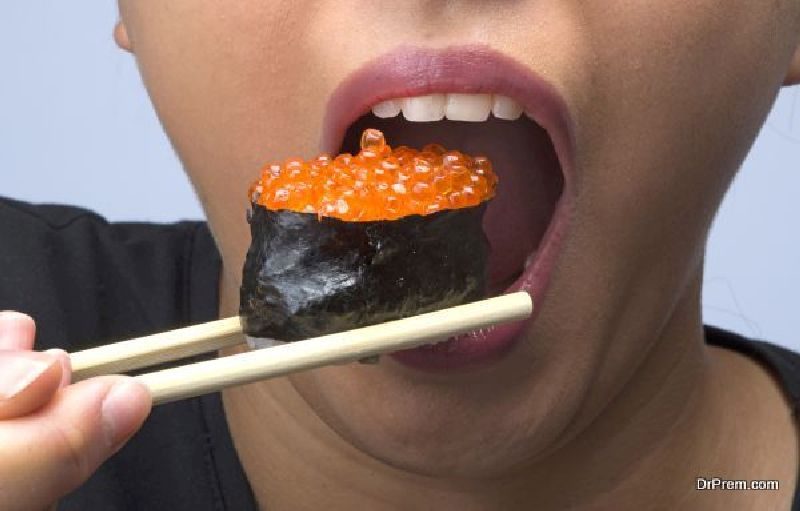
Seafood is nutritious and healthy, but some species are at the risk of being overfished or are produced in a way that is harmful to the marine environment. Again, buying locally should be the first choice, as this can reduce the carbon footprint of your food. Check online for stores in your area which sell sustainable seafood. Choosing to buy fish which is in the season is another good choice. Buying tuna species like albacore and yellowfin is a better choice than bluefin tuna.
The Environmental Defence Fund, Monterey Bay Aquarium put out online guides regarding sustainable seafood, which you can read and find out which fish to buy at what time of the year.
Check the labels
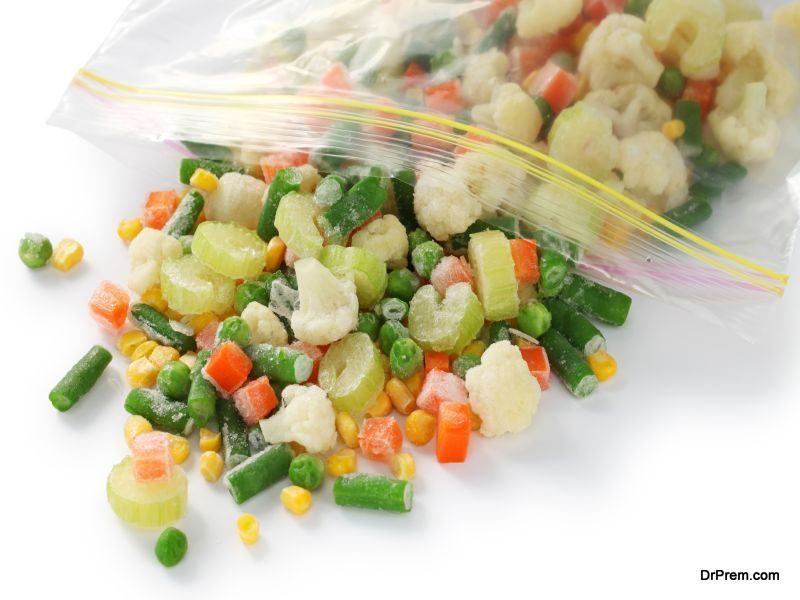
Most sustainable food will have labels which denote the level of sustainability. Green is the best choice, red is to avoid, and yellow label means to be cautious while buying. MSC, BAP etc are other labels which indicate the fish being sold is sustainable.
Sustainable food which is produced following fair-trade norms are better for your health (as they are artificial hormone and antibiotic free), good for farmers, increases the fertility of the soil and prevents erosion. Buying sustainable food is imperative for people worldwide if we are to reduce climate change, and help the environment become healthy again.


